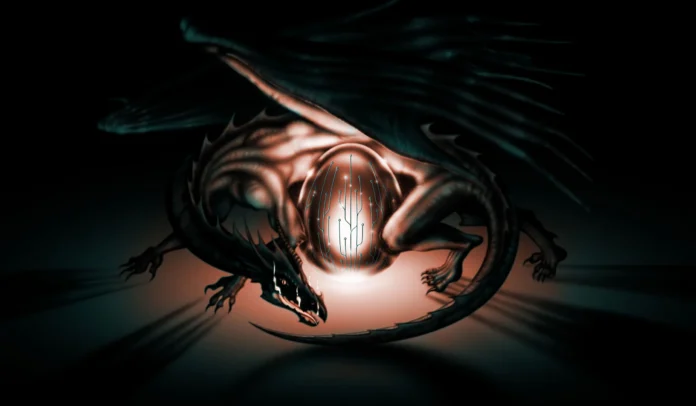“In most places, power companies are a pretty dull business. But in South Africa they are under a literal assault, targeted by heavily armed gangs that have crippled the nation’s energy infrastructure and claimed an ever-growing number of lives. Practically every day, homes across the country are plunged into darkness, train lines shut down, water supplies cut off, and hospitals forced to close, all because thieves are targeting the material that carries electricity: copper.
The battle cry of energy transition advocates is ‘Electrify everything.’ Meaning: Let’s power cars, heating systems, industrial plants, and every other type of machine with electricity rather than fossil fuels. To do that, we need copper—and lots of it. Second to silver, a rarer and far more expensive metal, copper is the best natural electrical conductor on Earth. We need it for solar panels, wind turbines, and electric vehicles. (A typical EV contains as much as 175 pounds of copper.) … In the United States, the capacity of the electric grid will have to grow as much as threefold to meet the expected demand.
A recent report from S&P Global predicts that the amount of copper we’ll need over the next 25 years will add up to more than the human race has consumed in its entire history. ‘The world has never produced anywhere close to this much copper in such a short time frame,’ the report notes. The world might not be up to the challenge. Analysts predict supplies will fall short by millions of tons in the coming years. No wonder Goldman Sachs has declared ‘no decarbonization without copper’ and called copper ‘the new oil.’
As the energy transition gathers speed, the value of copper has also soared. In the past four years, the price of a ton of copper has shot from about $6,400 to more than $9,000. That, in turn, has made electrical wiring, equipment, and even raw metal fresh from the mines into juicy targets for thieves. All around the world, hundreds of millions of dollars’ worth of the metal has been stolen—and countless lives have been lost. With the possible exception of gold, no other metal has caused so much death and destruction.
…
A more effective approach to the copper theft epidemic might be to shift the focus from the supply to the demand. It won’t be easy. But consider that there are more than 1 billion automobiles on the worlds’ roads; swapping every one of them for an electric car will require massive amounts of copper to make all those cars and the grid to fuel them. Of course, if we built out public transit, subsidized ebikes, and developed more walkable cities, we wouldn’t need so much copper.
Whether we do those things or not, one thing is indisputable: We need to pull off an epochal shift to renewable energy. But we also need to recognize that the carbon-free, sun- and wind-powered future we love to imagine comes with its own threats to people and the planet.”
-Beiser, V. (2024, August 22). The green economy is hungry for copper-and people are stealing, fighting, and dying to feed it. Wired. https://www.wired.com/story/power-metal-green-economy-is-hungry-for-copper/
I highly encourage everyone to give this article a read. As we make the transition to renewable energy in the hopes for a better world, we need to understand the sheer scale of the problems we are undertaking and pay attention to the new ones that are arising along the way to electrifying the world. There is simply not enough copper to replace every gas powered car with an electric one, and this scarcity is creating a demand for copper, wealth, and blood. Will mining copper for electric vehicles do more harm in the environments and communities around the copper mines than the eventual good of lessening carbon emissions? How much of a carbon footprint do the mines themselves have? Will the west ever give up the myth of a perfect individualistic society so that we can invest in communal transportation, or is the culture of freedom in car ownership too powerful? Electric vehicles, while a great first step in lessening carbon emissions from vehicles, fails to address climate change in a large enough way to make change fast enough. How can I, in good conscience, design features for an electric personal car when the copper mines will run dry as we try to sustain the unsustainable? We cannot continue to make small product changes over larger structural changes, or we’re doomed.




